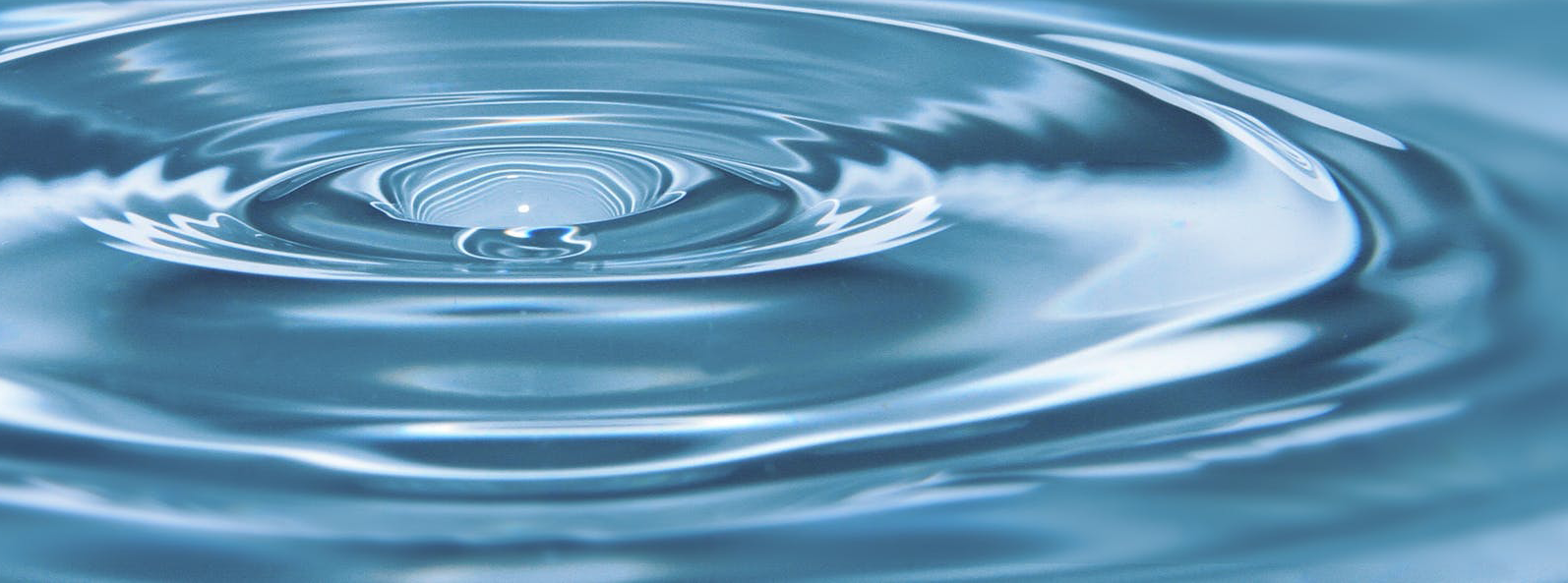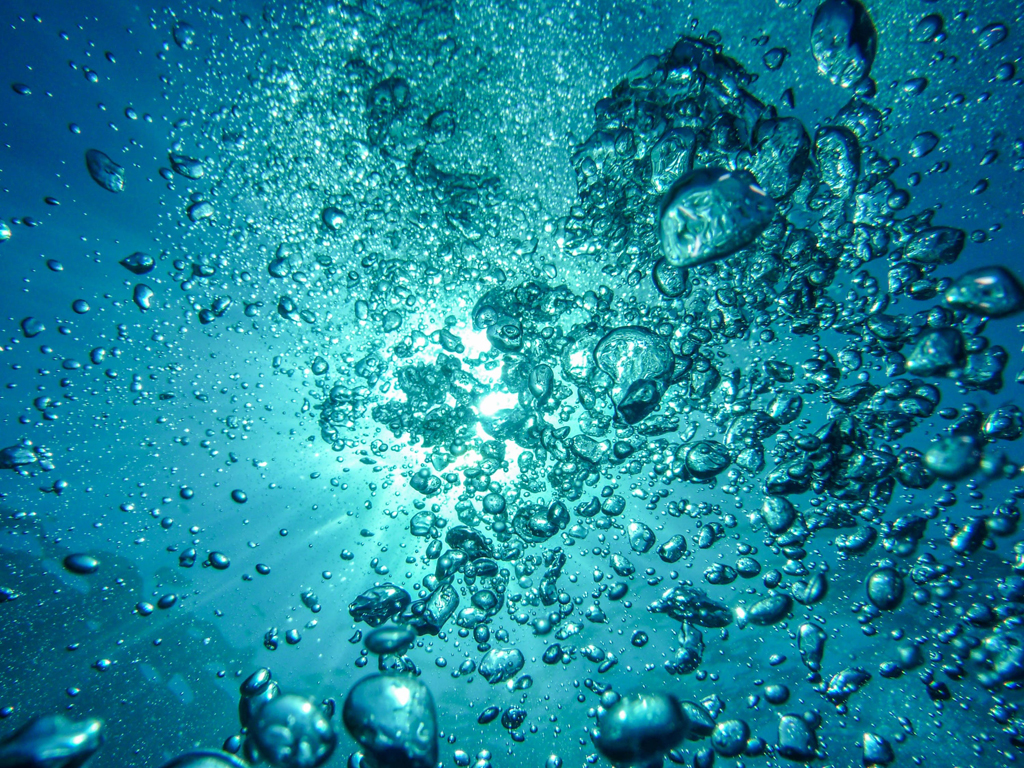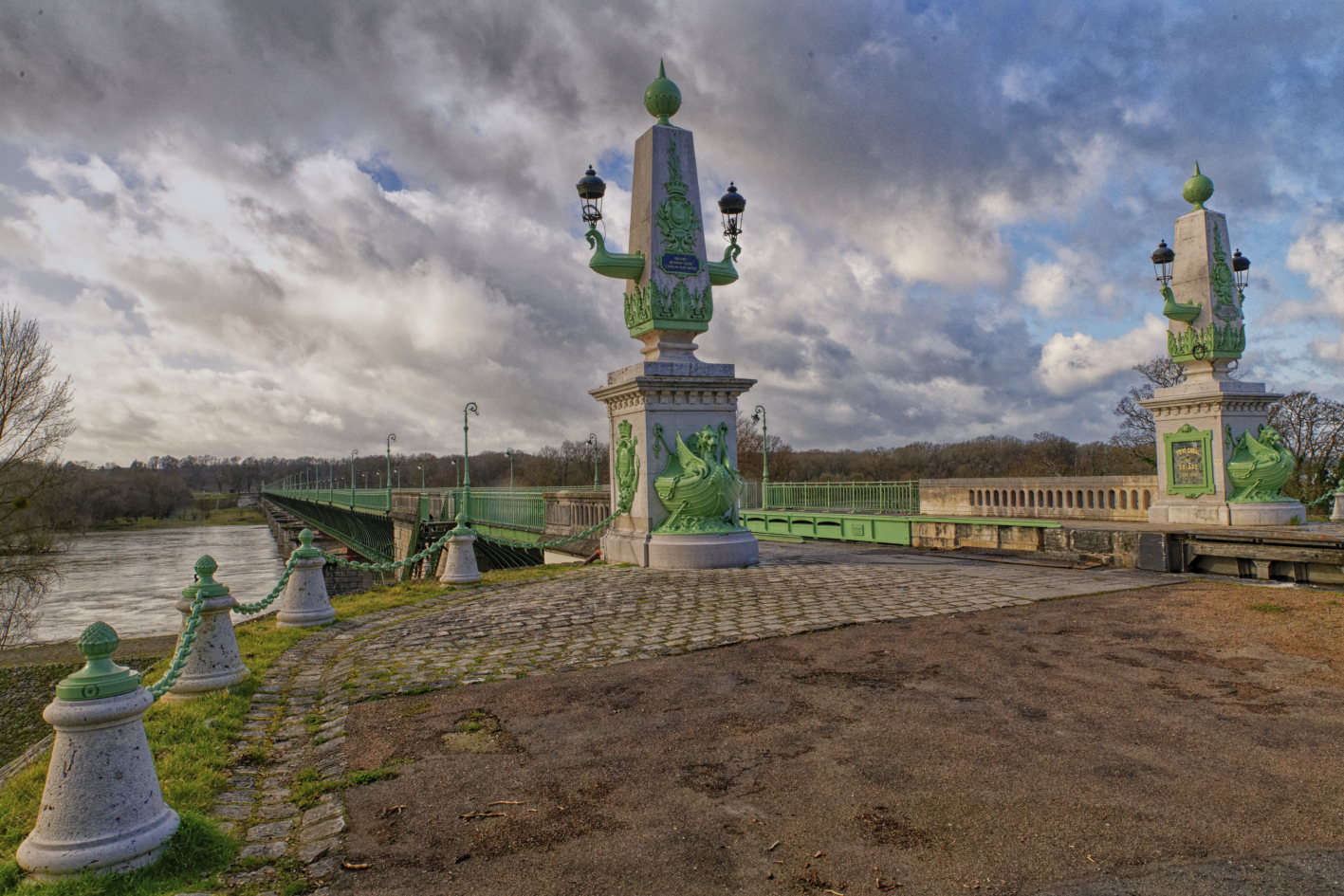
A Very Personal Dive in Deep Waters

My first thoughts for writing this blog post turned into a rather academic and formal approach, not to say boring, trying to squeeze in some notions from my own research with the value of water theme.
My professional journey with water started at the very beginning of my studies. The discovery of the beauty of fluid mechanics equations (yes, there are such thing) led me to consider a career in hydraulics, hydrology, or even meteorology. Fate, and my not so exceptional results at the entrance competition for French engineering schools, made me embrace environmental chemistry and process engineering instead. Not totally off track then, but still a very scientific outlook at the water element. The most striking – and shocking – thing I retain from this period is that my childhood urban legend on gender-changing fish in the Seine River turns out to be true and results from exposure to endocrine disruptors. Kind of a revelation.

However, the wealth of water sciences, which I believe will be very well illustrated by my fellow bloggers, was not enough for me and, along my career, I realised that water could represent so much more for the society. The key role of water in geopolitical hotspots became my new fad. After an amateur investigation, I am ever more convinced that water plays multiple roles in world political organisation, alternating from a threat (natural disasters, fear of future water wars), to a driver for international collaboration (sharing a catchment encourages to work together for a fair share of this resource). No doubt that water will still be crucial in future environmental negotiations.
My arrival to Scotland and the discovery of its industrial past – New Lanark, Stanley Mills – has revived some other memories. I spent indeed my teen age in the Centre region of France, abundant of nineteenth century hydraulic infrastructures and local manufacturers. By the way, the aptly-named Rogny-les-sept-écluses village (“Rogny the seven locks”) and the canal bridge over the Loire River in Briare incontestably worth the detour from major touristic roads. At this time, water transformed many decentralised water-wealthy areas and made possible their economic development beyond expectations. Industrial revolutions surely wouldn’t have been the same without taming water to transport goods and power manufactures.
At the source of multiple scientific enigmas, geopolitical issues, economic activities, historical legacy, technological challenges, and even touristic attractions, water can represent a plethora of entities. Such versatility and inclusion into our activities are definitely worth spending a lifetime to preserve it for now and the future.
Oh and still, just before moving here, I have been diagnosed an 'allergy' to water. So far mostly a source of discomfort rather than a serious health condition, but it certainly limits my ability to simply have fun in waters. Life has a weird sense of humour, don't you think?
Lucille Groult, University of Dundee
